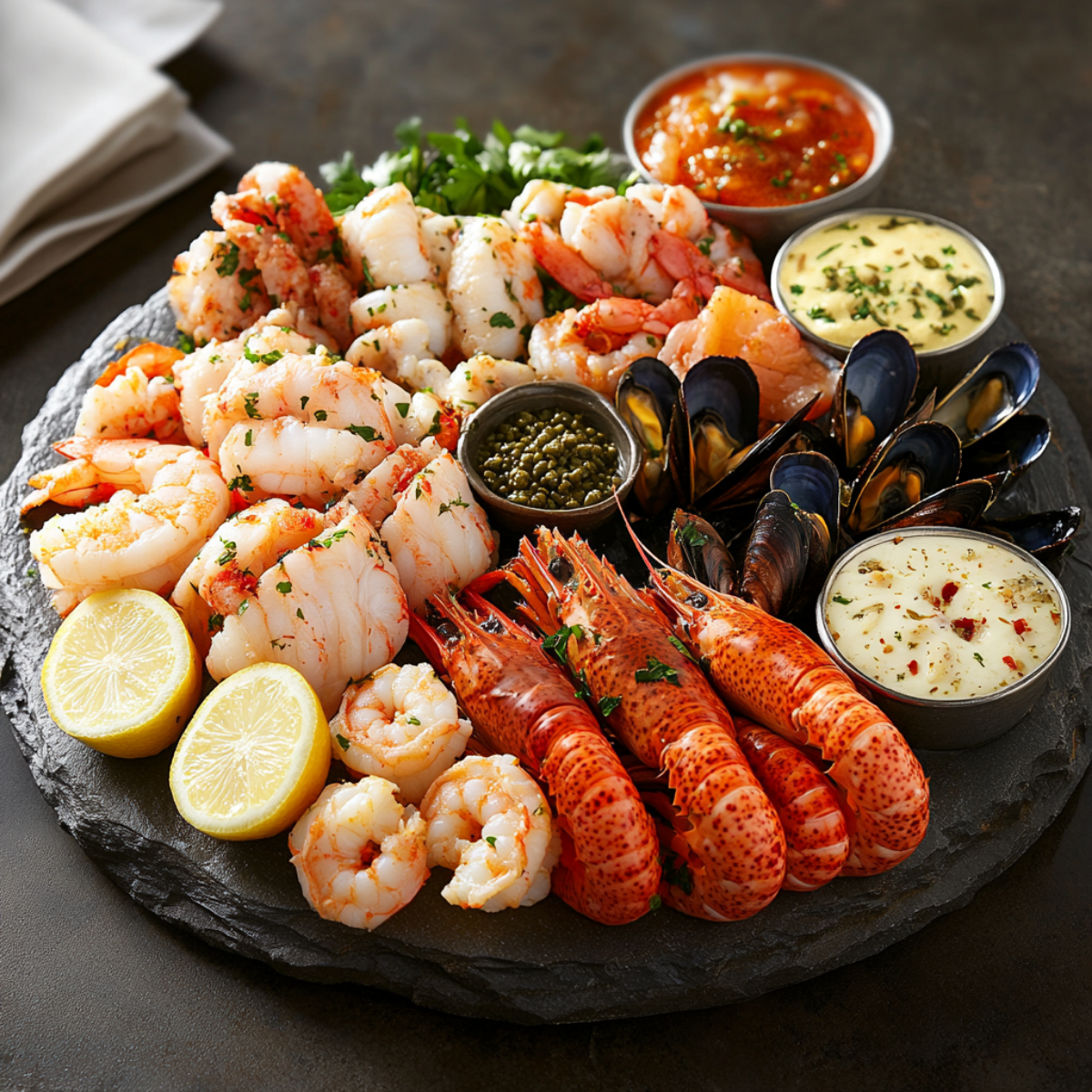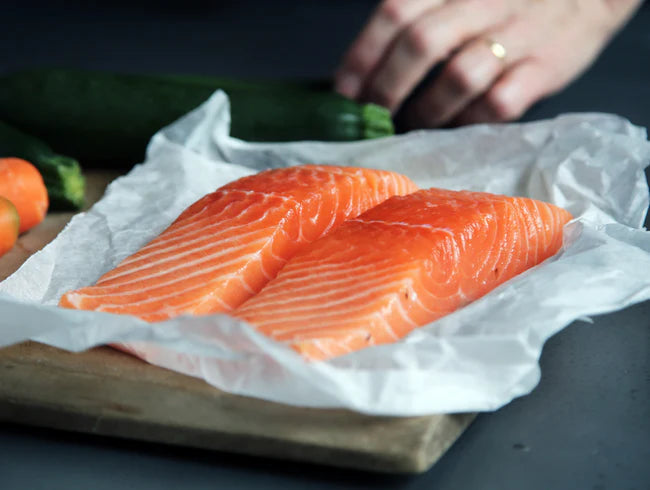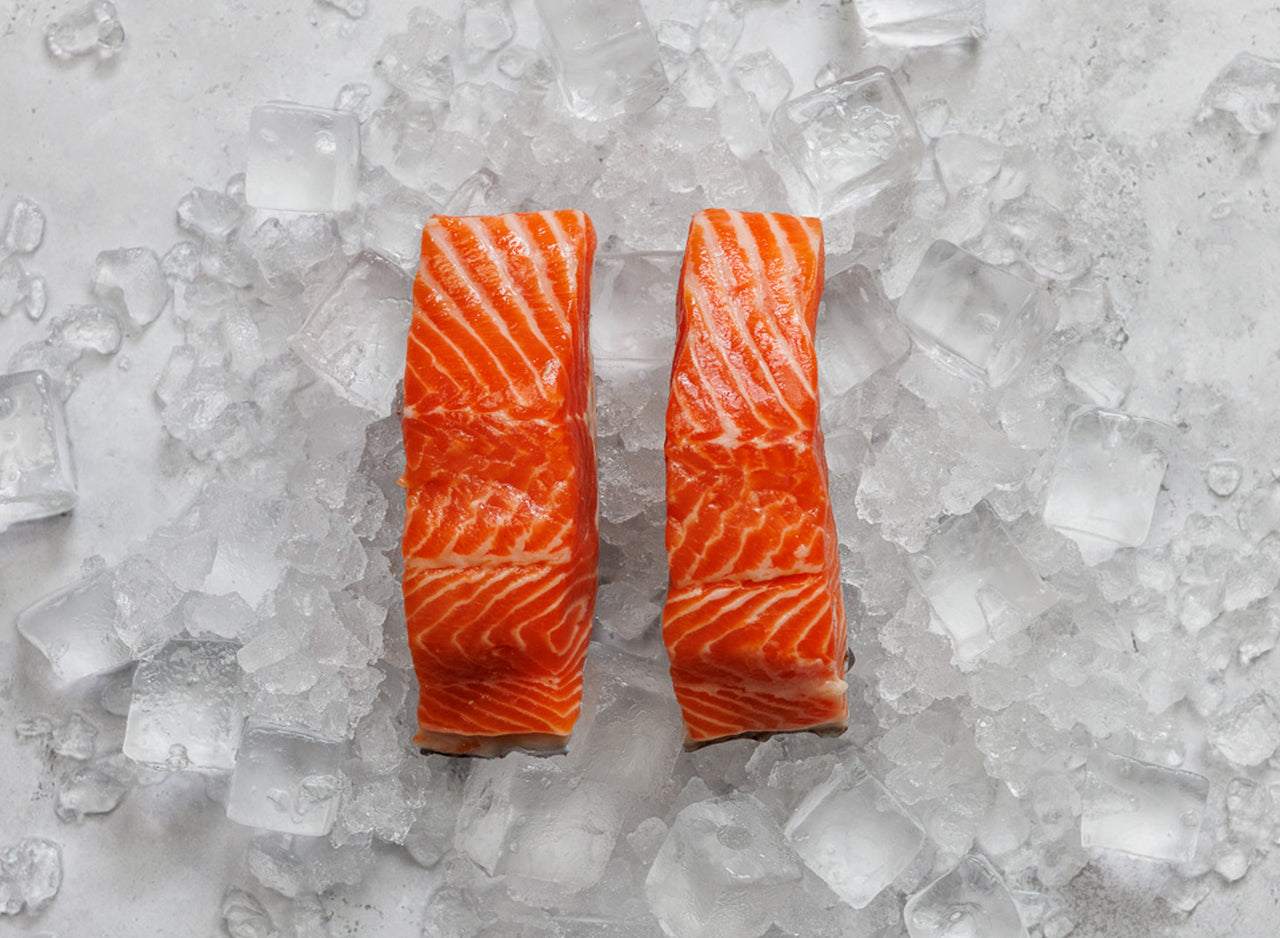
Why Fish Consumption is High in the UK and Key Considerations for Supplying Fish for Fish and Chips
The UK has a rich culture of seafood consumption, with fish being an integral part of British cuisine. But why is fish so widely consumed in the UK? And as a major supplier of fish for fish and chips, what should we pay attention to? Here are the answers to these questions:
Reasons for High Fish Consumption in the UK
- Historical and Cultural Connections: The UK has always had a close relationship with the sea, making seafood, especially fish, a cornerstone of British cuisine. Traditional dishes like fish and chips are a part of this cultural heritage.
- Health Awareness: Fish is rich in omega-3 fatty acids, protein, and various vitamins. With increasing awareness of healthy eating, the British public is placing more importance on fish consumption.
- Taste and Variety: The seas surrounding the UK are abundant with various fish species, allowing for a diverse range of fish to be used in British cuisine. Cod, haddock, and mackerel are commonly used in fish and chips.
Key Considerations for Supplying Fish for Fish and Chips
- Sustainable Fishing: Sustainability is a crucial factor in fish supply. To protect fish stocks and marine ecosystems, sustainable fishing methods should be prioritised. Therefore, sourcing from MSC (Marine Stewardship Council) certified fisheries is essential.
- Freshness and Quality: The taste of fish and chips greatly depends on the freshness and quality of the fish used. To maintain freshness, cold chain logistics should be employed, and the fish should be processed quickly.
- Variety: White fish are typically preferred for fish and chips. Cod, haddock, and mackerel are popular choices due to their taste and nutritional value. Ensuring a variety of these fish in supply is important.
- Hygiene and Safety: Adhering to hygiene and food safety standards is paramount in fish supply. During processing and packaging, strict hygiene practices should be followed, and food safety certifications should be maintained.
- Collaboration with Local Fishermen: Collaborating with local fishermen supports the local economy and ensures a supply of fresh, high-quality fish. These partnerships also promote sustainable fishing practices.
In conclusion, the high fish consumption in the UK is driven by historical, cultural, and health-related factors. As a major supplier of fish for fish and chips, we aim to provide the highest quality products by focusing on sustainability, freshness, variety, hygiene, and local collaborations. This way, we preserve traditional flavours while contributing to a healthy and sustainable future.



